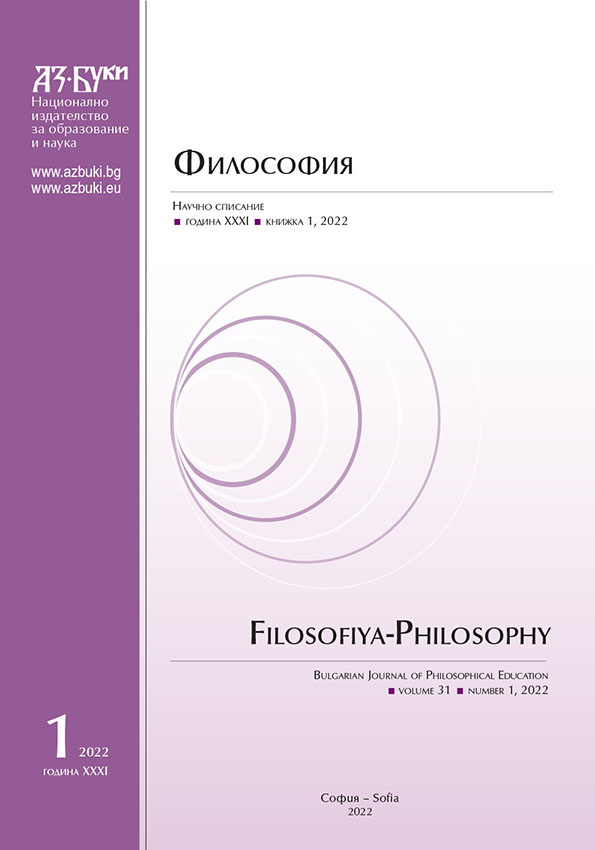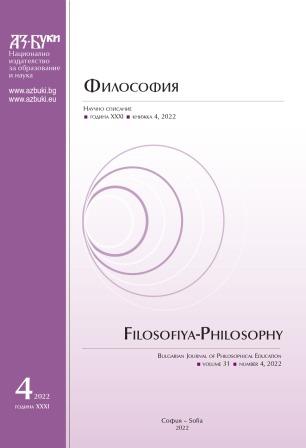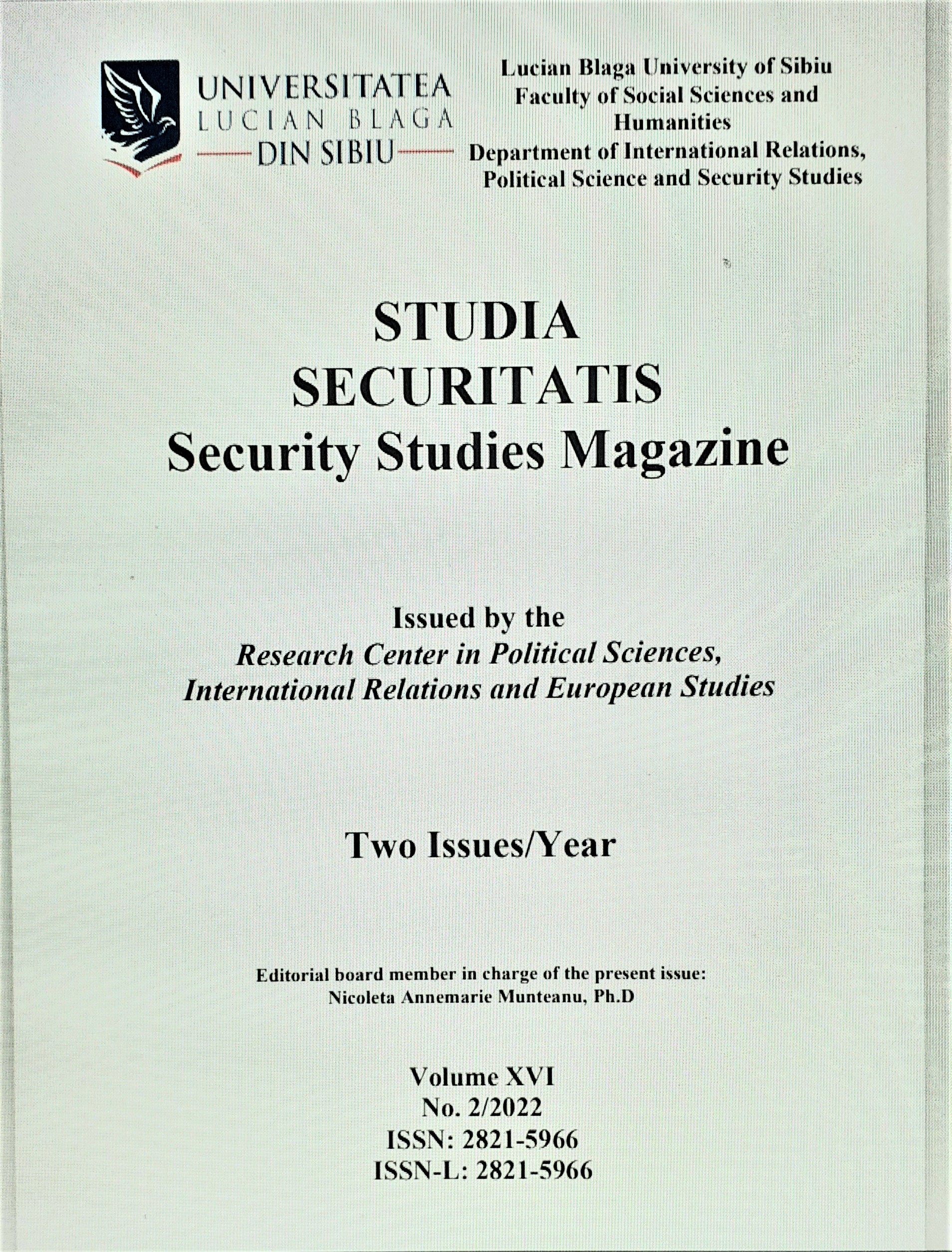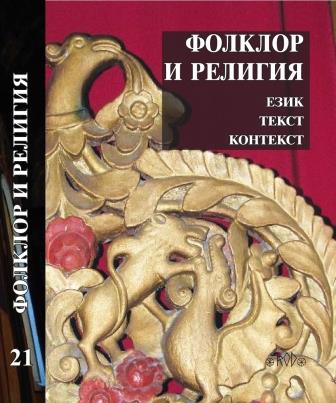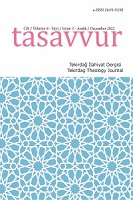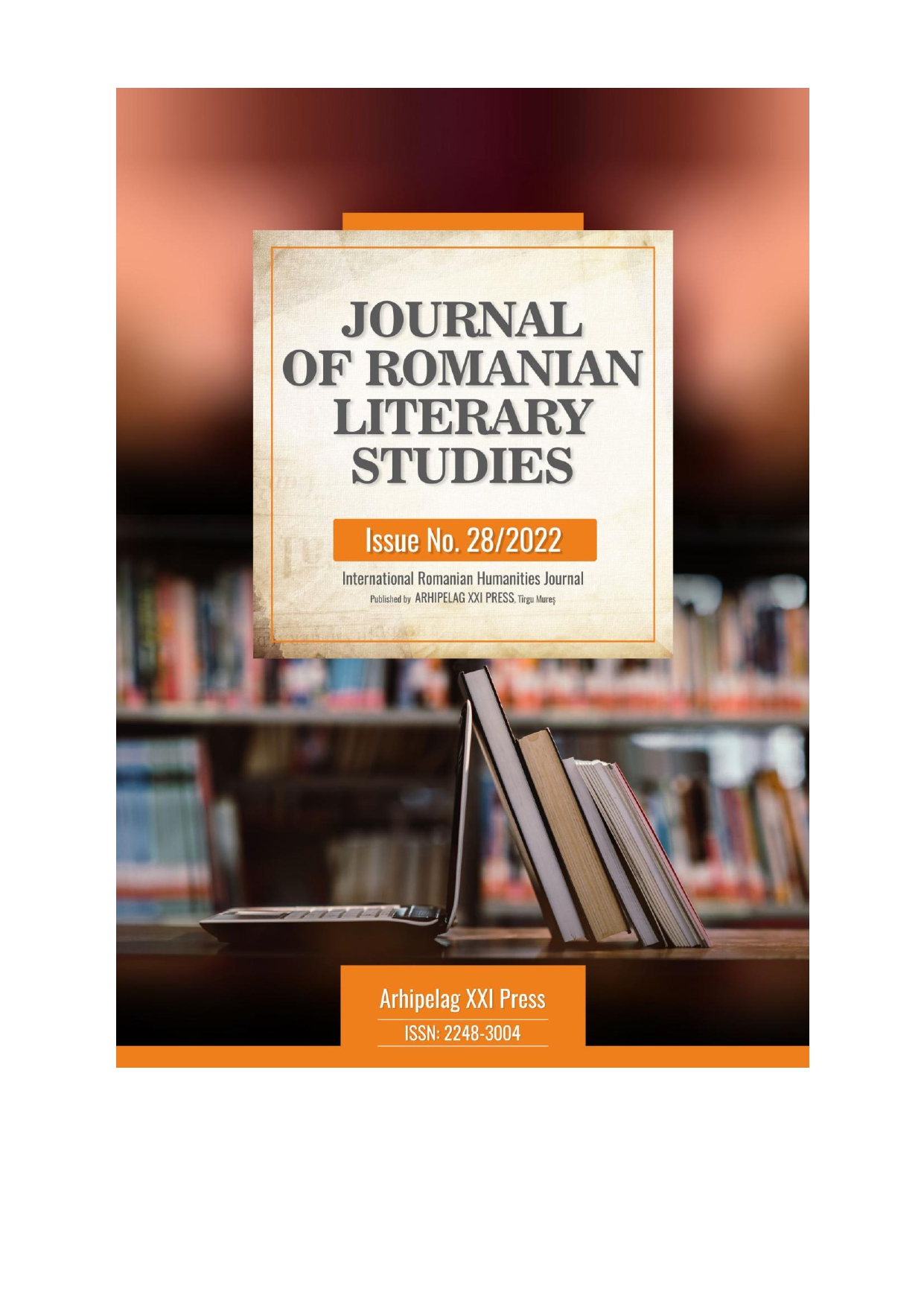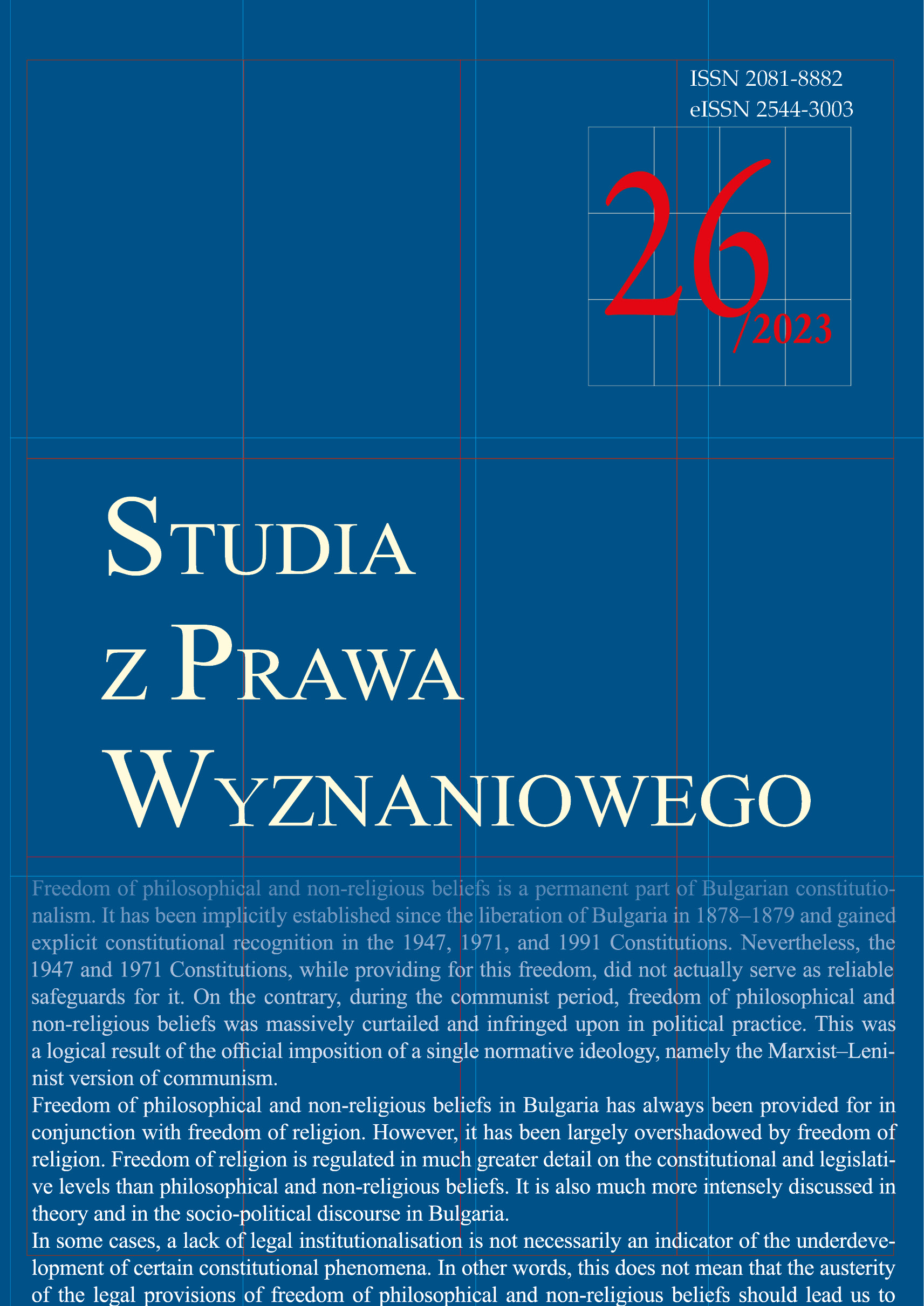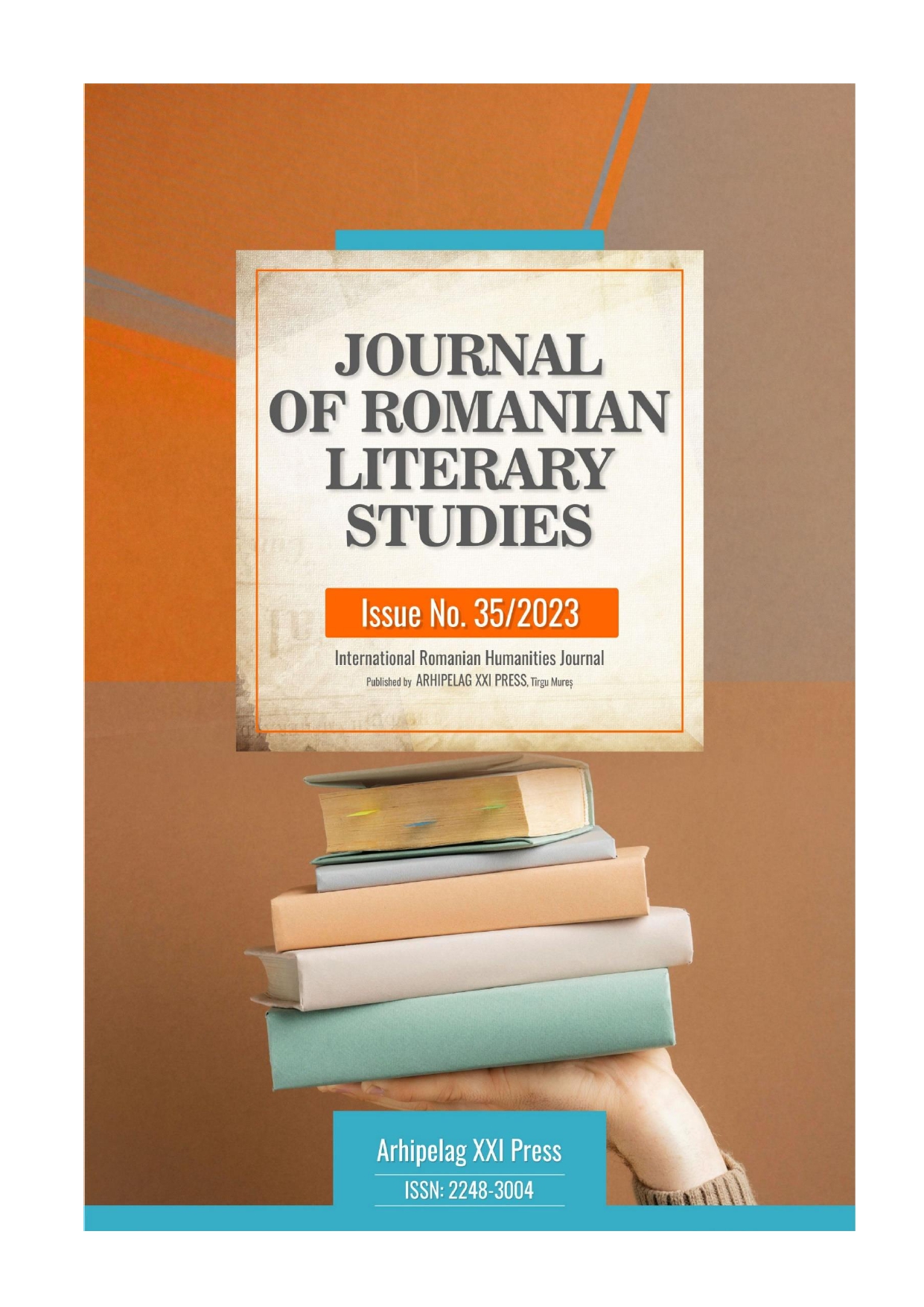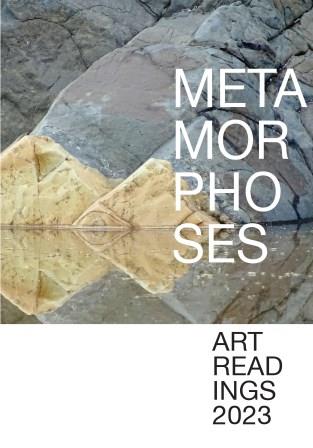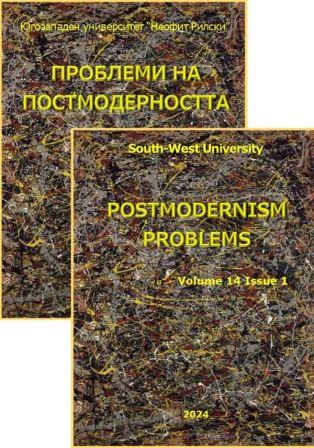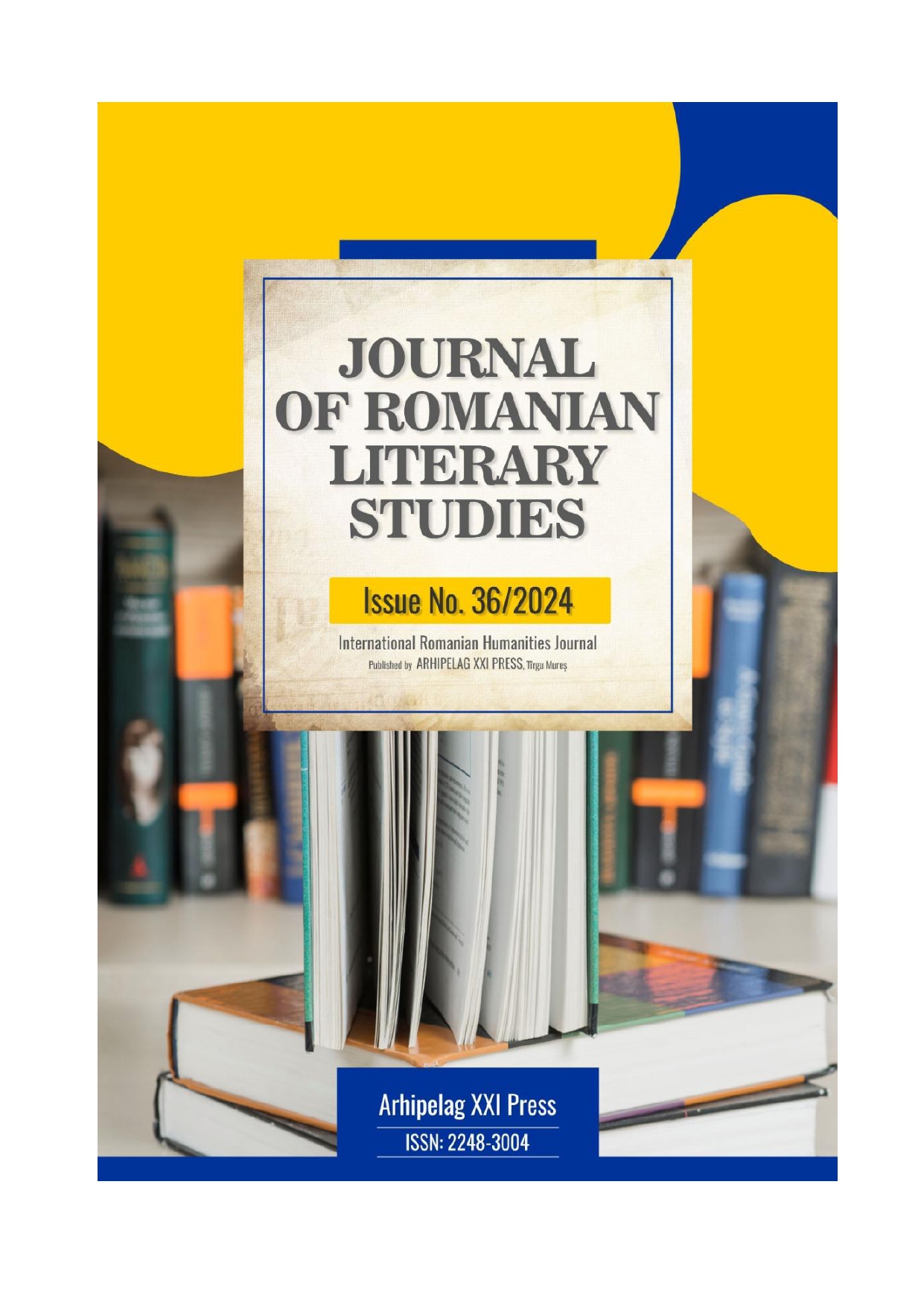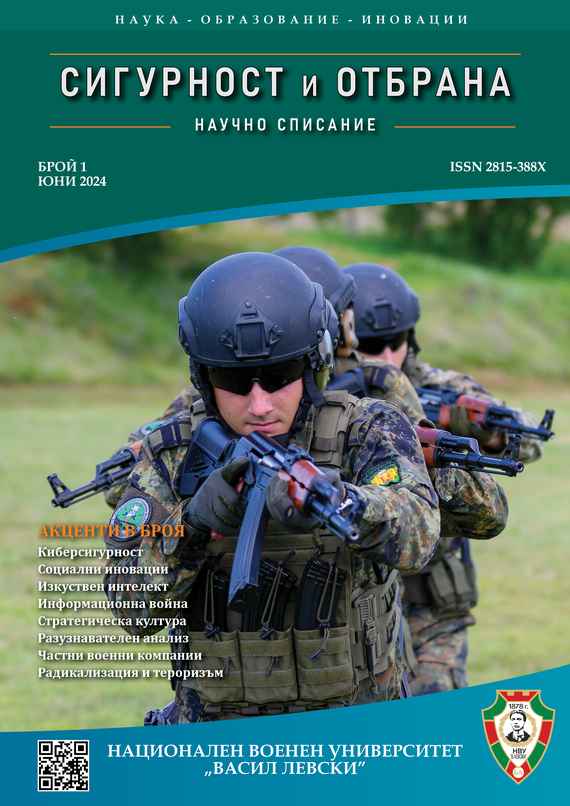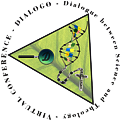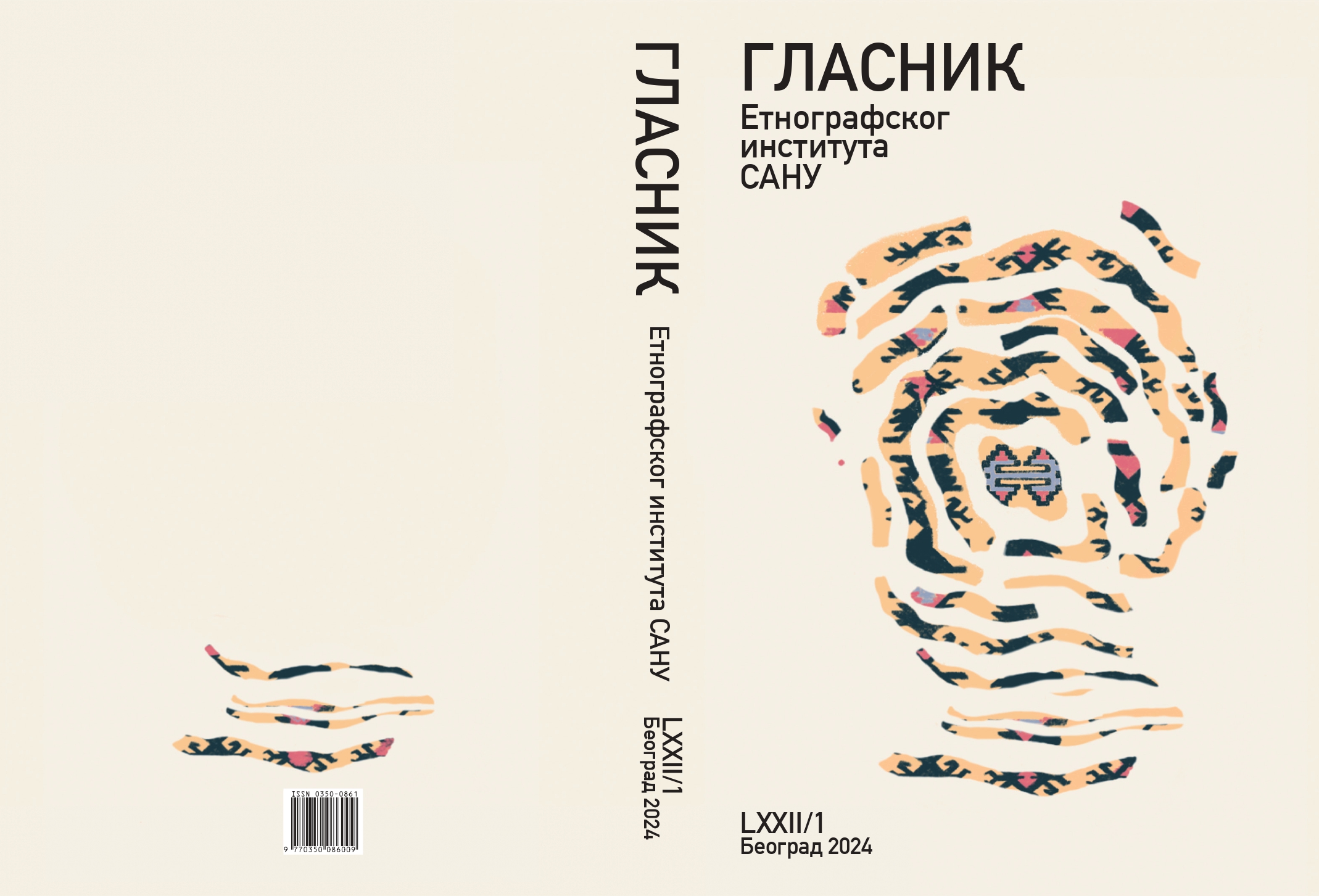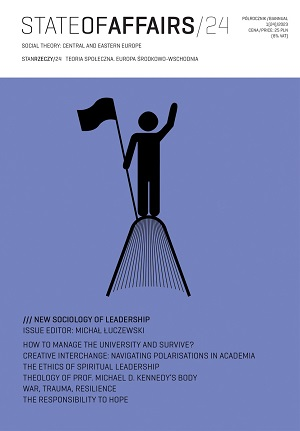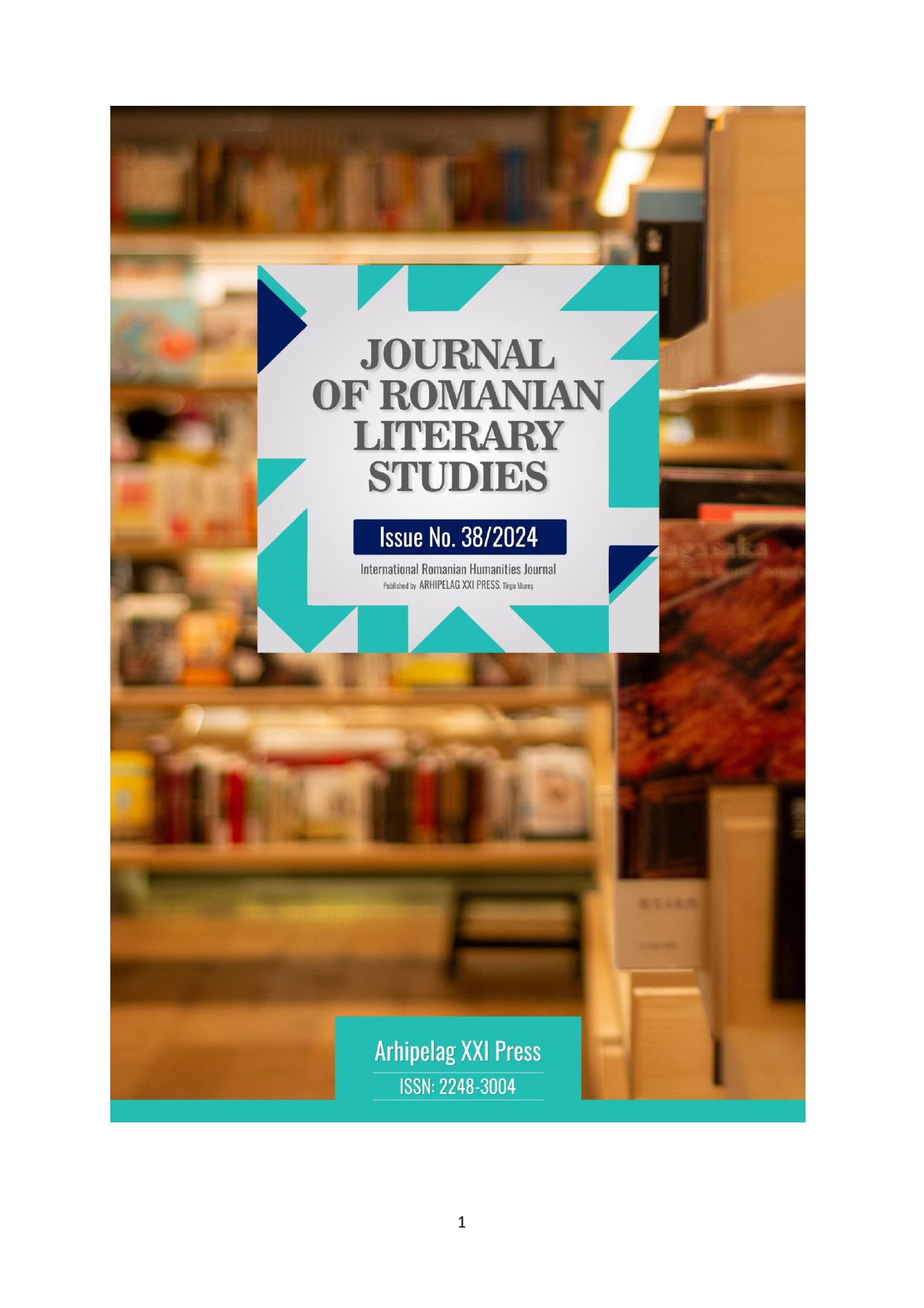Author(s): Cosmin Tudor Ciocan / Language(s): English
Issue: 2/2024
This article examines the subtle interconnection between the sanctity of life and individual autonomy within the context of assisted dying, as seen through the lens of Orthodox Christianity. It seeks to unravel the complex theological, ethical, and pastoral considerations that inform the Orthodox stance on end-of-life issues, particularly the nuanced understanding of suffering, death, and the redemptive potential encapsulated within them. Orthodox theology, with its profound veneration for life as a divine gift, offers a counter-narrative to contemporary discourses that often prioritize personal autonomy and the alleviation of suffering above all. This tradition emphasizes the transformative power of suffering when united with Christ’s own redemptive suffering, proposing a vision of end-of-life care that is rooted in compassion, dignity, and hope for resurrection. The exploration begins with a historical and theological examination of the Orthodox perspective on life’s sanctity, engaging with the teachings of Church Fathers and contemporary theological and bioethical discussions. It highlights the foundational concepts of Orthodox anthropology, which perceives human beings as an indivisible unity of body and soul, reflecting the imago Dei. This anthropological understanding challenges reductionist views of human existence and informs the Orthodox approach to medical ethics, palliative care, and the spiritual accompaniment of the dying. By critically evaluating arguments for and against assisted dying, the article presents a balanced discourse that respects the depth of individual suffering while upholding the intrinsic value of life. It argues that Orthodox Christianity, through its rich theological heritage and pastoral practice, provides a compassionate and ethically nuanced framework for navigating the moral complexities of assisted dying. This framework advocates for an end-of-life care that honors the fullness of the human person, supports the spiritual journey toward eternal life, and fosters a communal embrace of life’s sacred threshold, offering a dignified passage that aligns with the faith’s deepest convictions about human destiny and divine grace.
More...
